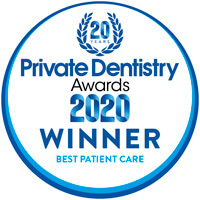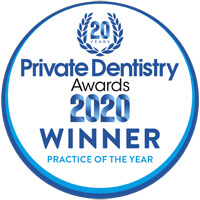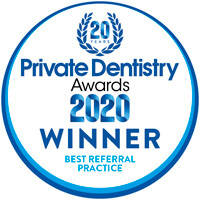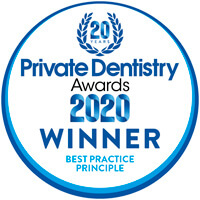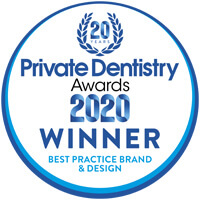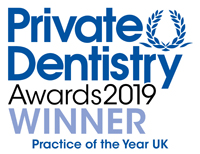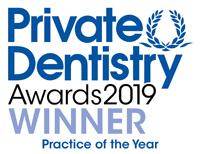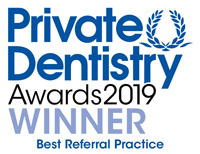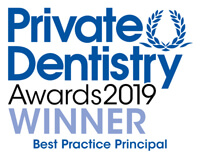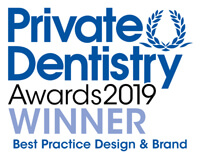Less is More
Prevention is better than cure and that is at the heart of everything we do at the Dental Rooms - we want to help you keep your teeth for life.
The most common dental diseases are completely preventable. Regular dental check-ups and hygienist appointments are one of the best ways to keep in touch with your oral health and spot any problems before they start. We recommend appointment times according to your personal dental habits and risk profile, with an average suggested 6 months between check-ups.
There are some basic rules you can follow to avoid some of the more common dental issues:
Dental Hygiene
Regular tooth brushing and flossing are the basic requirements for healthy gums, teeth and a fresh breath. Patients often brush several times a day but their technique may be inadequate for effective cleaning. Our Hygienists focus on improving and maintaining the condition of your gums, as well as offering a range of treatments- from relief from tooth sensitivity to fluoride treatments and tooth sealants-designed to help you to be more confident and feel better about the long-term condition of your teeth.
Diet
Sugars and particularly carbohydrates are a major cause of tooth decay. The most important point is to limit the number of times any item of food or drink makes contact with your teeth. Thus all foods should be consumed during mealtimes only and avoid snacks between meals.
Tooth surface loss due to acidic foods and drinks is also a major concern today. Please seek professional advice if you feel your teeth are affected by tooth erosion.
Fluoride
Use of toothpaste with fluoride is one of the major factors why children today have less tooth decay. Great care should be taken on taking additional fluoride supplements in young children and professional advice must be sought.
Smoking and Oral Health
Patients who smoke are far more likely to suffer with more severe gum problems. Smoking causes a lack of oxygen in the bloodstream. This has an adverse effect on the healing process, so infection in the gums and following tooth extractions are more likely. Smoking is also a major risk factor for cancer of the mouth and throat.



